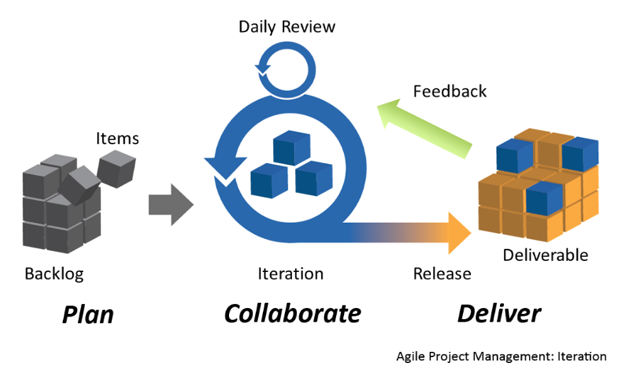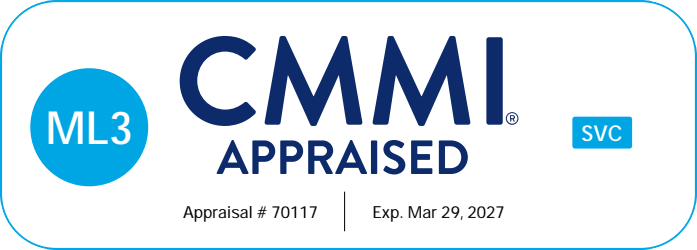
CTC utilizes a holistic approach to software development and integration services, incorporating multiple proven project management philosophies and standards.
The core of this approach is the Agile Project Management Methodology, and our staff includes certified Project Managers.
Agile emphasizes ongoing requirements analysis, developing a product backlog of desired functionality and features, client prioritization of the product backlog, rapid release schedules, and incorporating lessons learned into upcoming sprints. The proven benefits of the Agile approach include a greater and more proactive control over risk management, project cost, and project quality. Our experience suggests that Agile methodology, when incorporated into the project structure, lends itself well to iterative tasks. In this vein, CTC has directly benefited from an Agile approach in Data Science, Software Development, and other IT-based support work.



